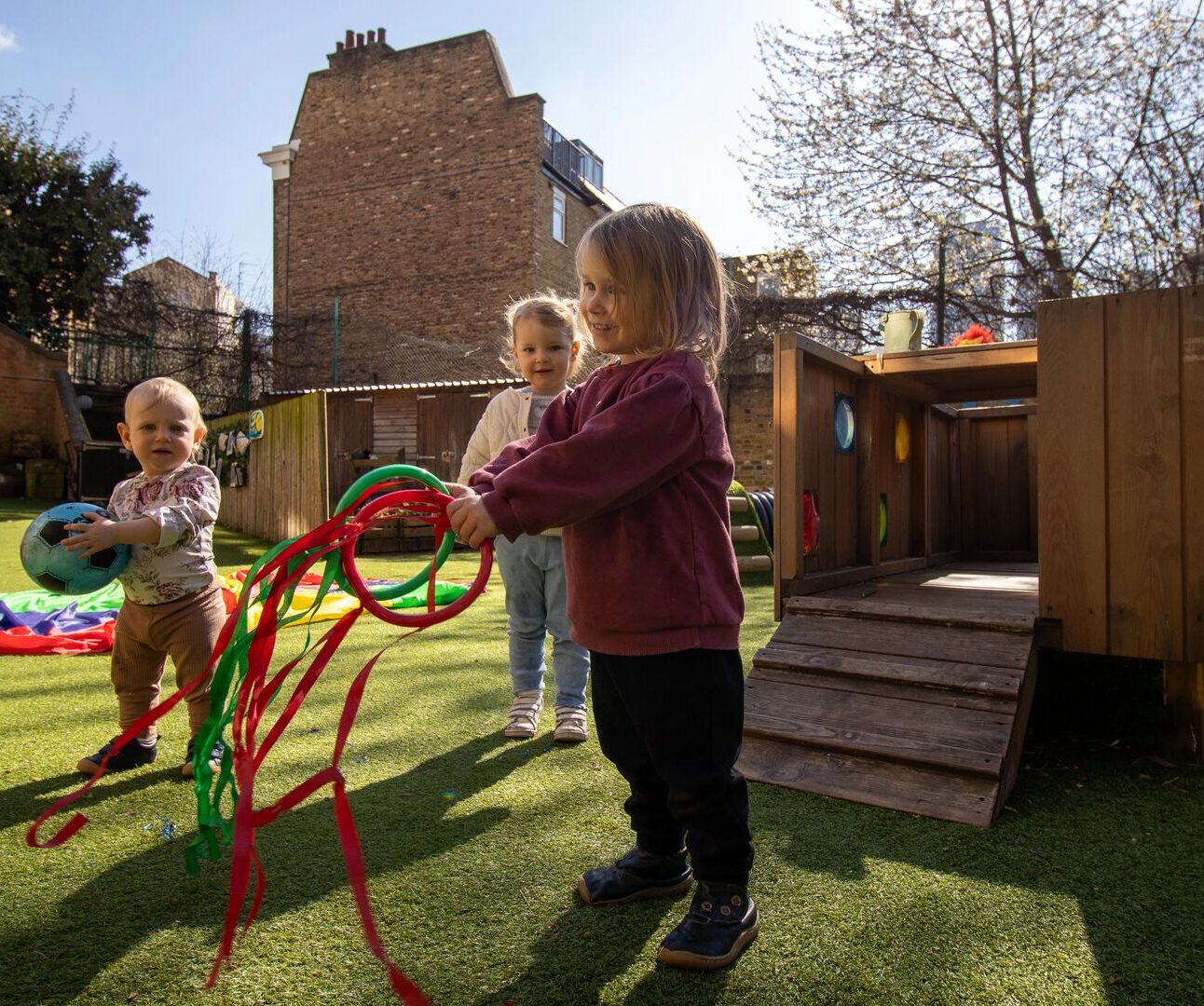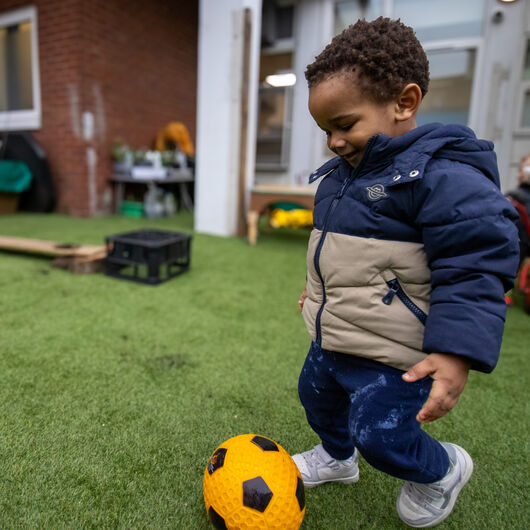
Another Consultation… This time, it’s Space
Just as the ink dries on the Ofsted consultation, up pops another. This time it’s about space, equally important and not to be overlooked. The Department for Education (DfE) has…
November 22nd 2024
Parenting has always mirrored societal changes, often influenced by trends and fads. But while society evolves, children remain remarkably consistent in their needs. So, do certain parenting approaches truly stand the test of time, or are they just fleeting phases?
At its core, parenting requires ensuring that children are loved, fed, safe, and educated. Much of this is instinctive, shaped by individual relationships with each child – relationships that can be surprisingly unique even within the same family. Personally, I was baffled by how I could have three vastly different children and how, just as I adapted to one phase, they’d move on to the next. Parenting often feels like a constant game of catch-up.
I was a parent in the 80s and 90s when “to parent” was not a verb. We became parents and then reared our children. We were less shaped by the new movement of parenting and in doing so were probably protected from some of the stress that must bring to young parents.
Parenting books were practical and focused on tackling everyday challenges like weaning, sleepless nights, or potty training. The guiding principle was simple: you were the adult, in charge, and every phase—no matter how exhausting—would pass.
I don’t remember ever having time to read many books, but I often thumbed through the Child Development Handbook and First Aid at Home. We did not have social media tugging on our brains and any spare time was spent trying to catch up on chores or sleep.
Nowadays, parenting is a thing. It has names such as gentle parenting and countless variations but has this made us better parents? It is a rite of passage to criticise our own parents as too strict, too soft, too busy, too distant, too inconsistent and therefore shapes our parenting approach as wanting to be different from them. But this is a bit naïve because parenting reflects societal attitudes and therefore, we are never really deciding our own approach.
When I was growing up, parents were respected because they were in control and we didn’t mess with them, or you would get a clout! Then we decided parents needed to be more friendly and we controlled the children through explanation, consequences, counting to three and then time out. We all grew up and on we go.
Modern parents are now much more about negotiation and some parents don’t want their children to ever experience negative feelings. I have listened to many nasally American podcasts on this and its benefits and challenges. This is why we are having a debate. Because sometimes as parents we are too emotionally entangled to see what is really happening.
In nurseries we see many styles of parenting, and most are well intentioned, but the outcomes are varied. Some children appear to be the parents in charge! While some parents seem reluctant to set boundaries, others are harsh and authoritative, but most are somewhere in the middle. However, having worked with children for over 20 years, children always need safe boundaries and consistent loving adults. They need something they can kick against which allows them to test their own resilience and ability to fail within a safe supportive environment. Does modern parenting allow that to happen, do we need a range of parenting approaches to meet the needs of children, and if so, what are they?
In today’s world, disintegrating societal structures and the omnipresent influence of technology add to the challenge. Preparing the next generation for an unpredictable future is no small task.
If this resonates with you, join us as we explore these questions further at the Margaret Horn Debate on the 28th November, 4pm.

Just as the ink dries on the Ofsted consultation, up pops another. This time it’s about space, equally important and not to be overlooked. The Department for Education (DfE) has…

How I Learned to Stop Worrying and Love the Kill Switch! This is AI blog number four, and by now I thought I’d be off down the rabbit hole exploring…

Are children deprived of the opportunity to play?… …is not a new question, but one that continues to be tackled on many levels. Greg Bottrill’s book ‘Can…